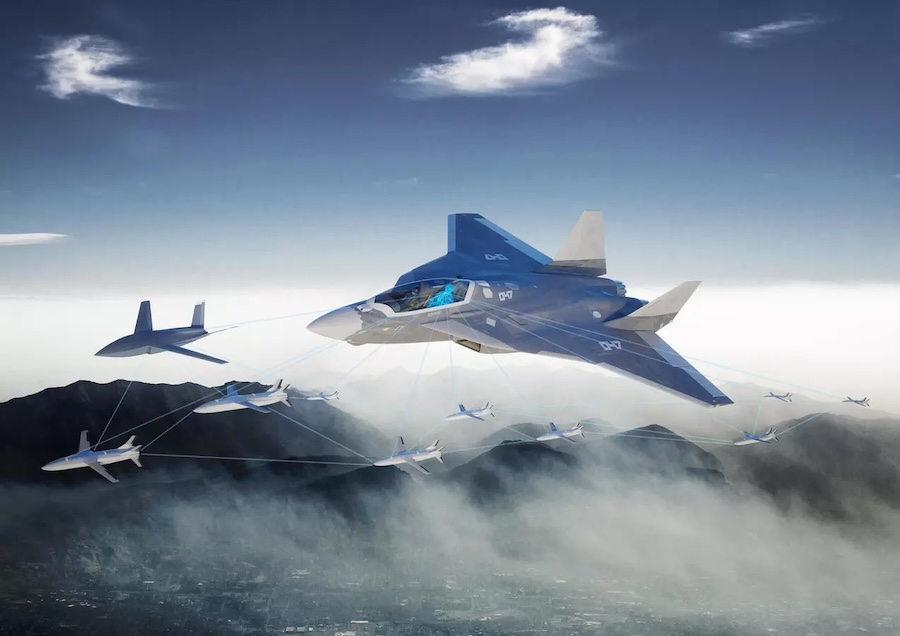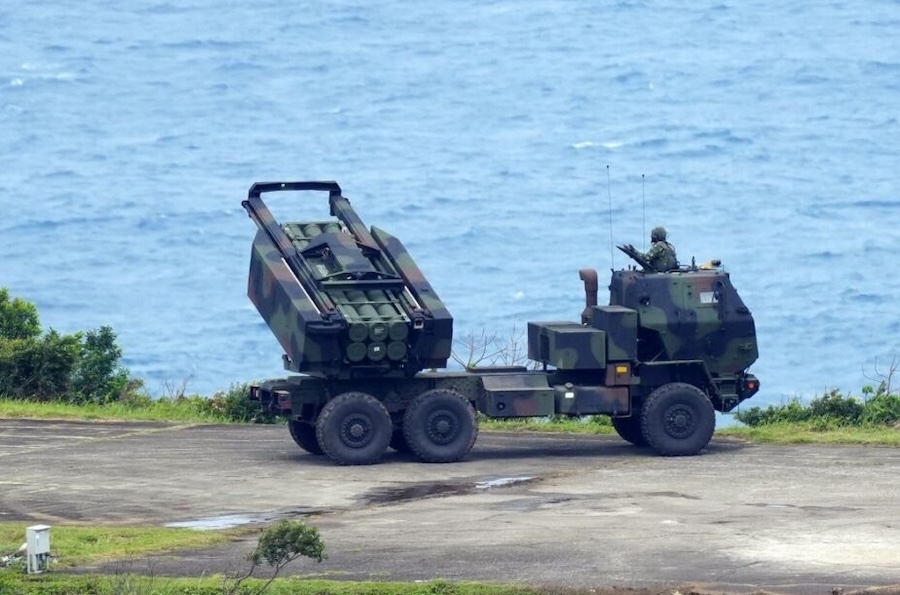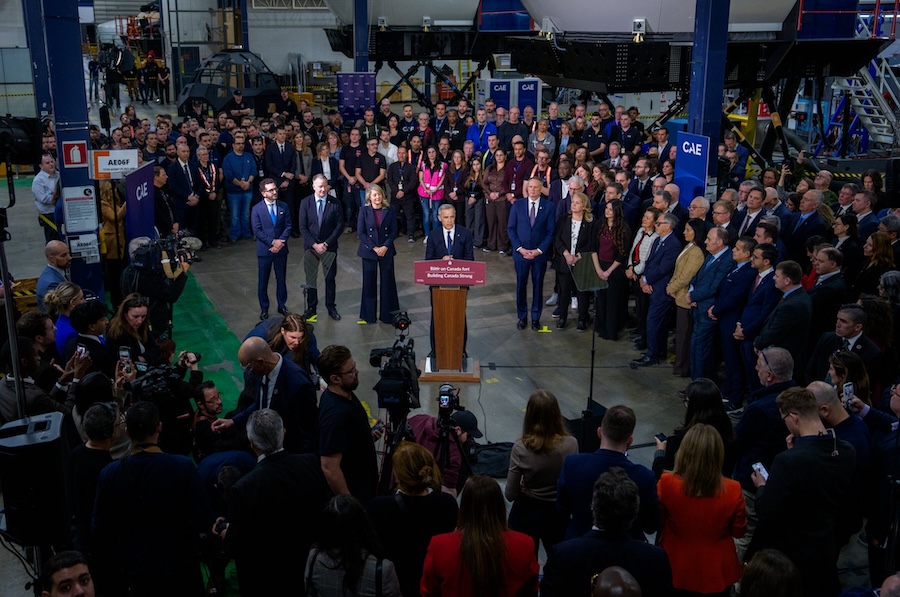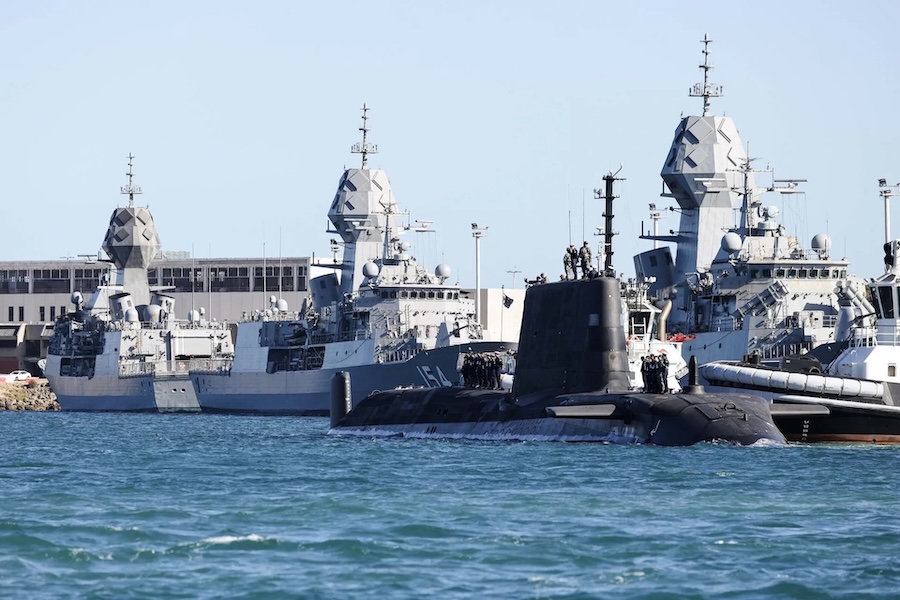Fotios Kotzakioulafis, Defence Industry Europe: ASD comprises some of Europe’s largest defence companies. So, my first question is, how do you assess the competitiveness of the European defence industry in the global market today?

Jan Pie, Secretary General of ASD: The European defence industry is still very competitive today which is validated by the high level of exports. At the same time, this competitiveness is based on investments made in the past.
Maintaining competitiveness for the future, is the real challenge for the European industry, we need to think decades ahead.
The key driver for developing competitiveness is new programmes. And Europe has had very few new programmes over the last decades. Defence investments have been far bigger in other regions of the world, most importantly the US and China. Therefore, the challenge is really about the future and how the European industry shall stay competitive in the long term.

Burkard Schmitt, Security and Defence Director of ASD: The defence budgets in Europe have been flat for decades, which means that European governments have decided not to invest in everything. Where European governments put money into research and development to develop a product, European industry has always proven to be competitive. A well-known example is that there is no European heavy transport helicopter because European governments have not invested in that. Therefore, in segments like this, the European industry is not competitive because there is simply no product.
Now, announcements have been made everywhere by member states to increase their defence budgets considerably. The question is where this money will go because the first priority is to fill existing capability gaps as fast as possible rather than investing for the future. Therefore, the announcement that defence budgets are increasing can also become a double-edged sword for the European industry.
Jan Pie: This is absolutely true. Only to add a number to that: around 60% of the European defence procurement budgets end up with suppliers from non-European states. So, obviously, this also has a huge impact on the competitiveness of the European industry.
At the political level, the European Union has recently emphasised the need to consolidate European security policy and strengthen European defence capabilities. There are several instruments at the European level to support those activities, such as the European Defence Fund (EDF). Does this trend align with the needs and capabilities of the European defence industry?
Jan Pie: I believe that these instruments are useful. They act as a catalyst. Starting with the EDF, it supports cooperation, and it does so not only as a regulator, but also as a sponsor. Via the EDF, the Commission financially supports trans-national defence research and development projects, which is significant.
Burkard Schmitt: It is important to distinguish between the different instruments. PESCO is very much the traditional intergovernmental way of promoting defence cooperation, which has not been overly successful.
The EDF is different because, for the first time ever, the European Union budget is brought into the game, and this is a potential game-changer. At the same time, it is also true that all these instruments were conceived and established before Russia’s full-scale war in Ukraine, hence in a different era. At that time, national defence budgets were limited, and there was no urgency. Today, budgets increase, and there are many pressing immediate needs. The focus is therefore less on long-term development of new projects than three years ago.
Member states today spend a lot of money on off-the-shelf procurement, not so much on research and development. So, we have to find a new balance somehow between immediate short-term needs that you have to address in order to cope with the war in Ukraine and at the same time to prepare for the future.
There are calls for the creation of a European single market in defence. What should we think of such a plan from the perspective of the European defence industry? How will such a decision affect the competitive position of European companies? Individual countries seek to protect the interests of their defence companies, which are more often than not state-owned enterprises. Therefore, many companies may interpret the establishment of a single market as a threat.
Jan Pie: Industrial consolidation can only be driven by consolidation on the demand side. Everyone I have spoken to during my ten years as Secretary General of ASD has confirmed to me that they would welcome this, knowing that there will be winners and losers.
Many companies, especially those from smaller member states and SMEs, are saying that their key challenge is market access and that it is even easier to do business in the US than with their neighbouring country in the EU. There are many reasons for this, including security of supply and differences in security and foreign policies among EU member states. All this makes it unlikely that we will have a genuine internal defence market in the near future at least. Therefore, I think the challenges are far too big to believe we will see a single market any time soon.
However, now with the war against Ukraine things are moving. This is a unique situation, unlike anything we have seen since the end of the Second World War, and the urgency of the situation calls for urgent solutions. I think it’s a bit like with COVID; we won’t go back to normal after the war, we are in a totally new geopolitical context we will have to learn how to cope with it. The joint procurement of ammunition may serve as an example of a first initiative, but there will be many more to come.
Burkard Schmitt: When it comes to the defence market, it is very important to understand that it is the national governments who are the sole customers in the first place, and they are the ones who are essentially responsible for the development of a product.
When competition is not feasible, cooperation should be the way forward, as it combines different national markets into one. The joint procurement of ammunition is very interesting because it consolidates the demand side. I hope that this is just the beginning of something, and we will see what happens after that.
On the other hand, Europe has the ambition to become an independent geopolitical actor with autonomy in terms of security policy. This cannot be achieved without developing a strong defence industry on the continent. But how do we integrate the activities of the European Union as a political entity with those of the many companies operating in the member states?
Burkard Schmitt: The first issue concerns the relationship between the political and industrial spheres. Across the European Union, there are varying views on the level of strategic autonomy that we should strive for. Nonetheless, if Europe desires to become less dependent on the United States in the realm of defence and security, it must also have a strong defence industry that is capable of supporting European armed forces with key defence technologies.
A number of international armaments programs have been successfully underway in recent years. What needs to be done to persuade defence companies and national governments to be more open in terms of international arms cooperation? Also, what political action does the arms sector need to effectively implement such projects? In this context, do you think that further capital consolidation of the European defence sector is needed?
Burkard Schmitt: On the one hand, there may be segments where there are too many similar products, while on the other end of the spectrum, there may be a monopoly with only one supplier. Most European corporations have actually emerged from cooperation, as consolidation is easier to initiate through cooperation. Eurocopter, is a good example. We need the joint development of projects that help integrate the industry.
We all keep on saying and hearing that times have changed, yet we still struggle to fully grasp and understand what this means and implies. Times have also changed for the defence industry in Europe but it needs to be seen if they have changed for the better. Increasing defence budgets are good but not sufficient as a response.
We have to understand that ramping up is a short-term need but not only. The crucial question is how to combine that with a mid- to long-term perspective which allows us to combine ramping up with preparedness. In the future, we must avoid finding ourselves in the same position as we are in today. What will we do if one day we will have provided Ukraine with everything they need and we will have filled up our stocks? Will we close down again our production facilities and fire people working there? Or do we find a way to maintain a certain capacity that allows us to increase production if need be?
We have to develop a strategic approach and avoid a situation where we are only driven by very urgent needs because we are badly prepared.


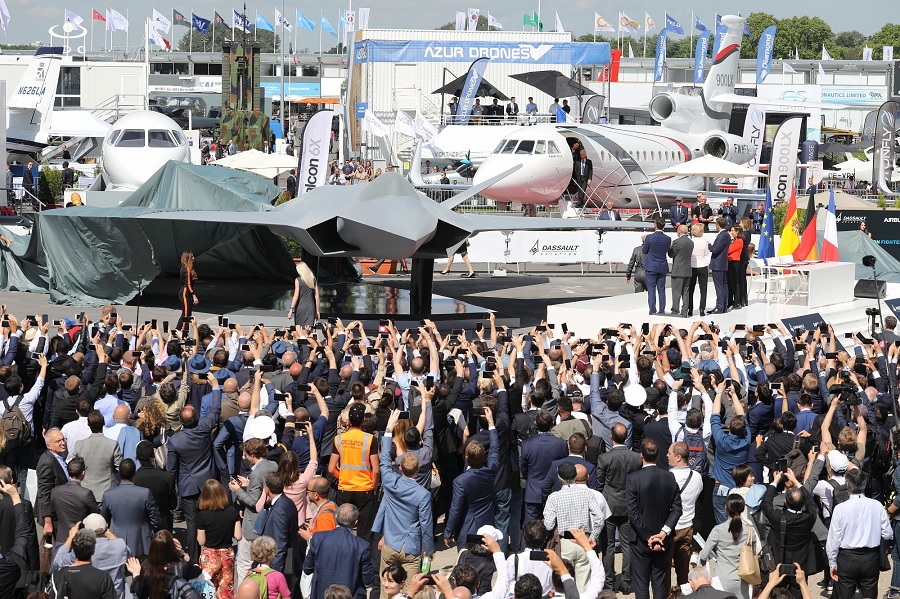
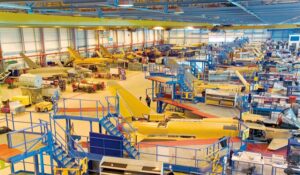


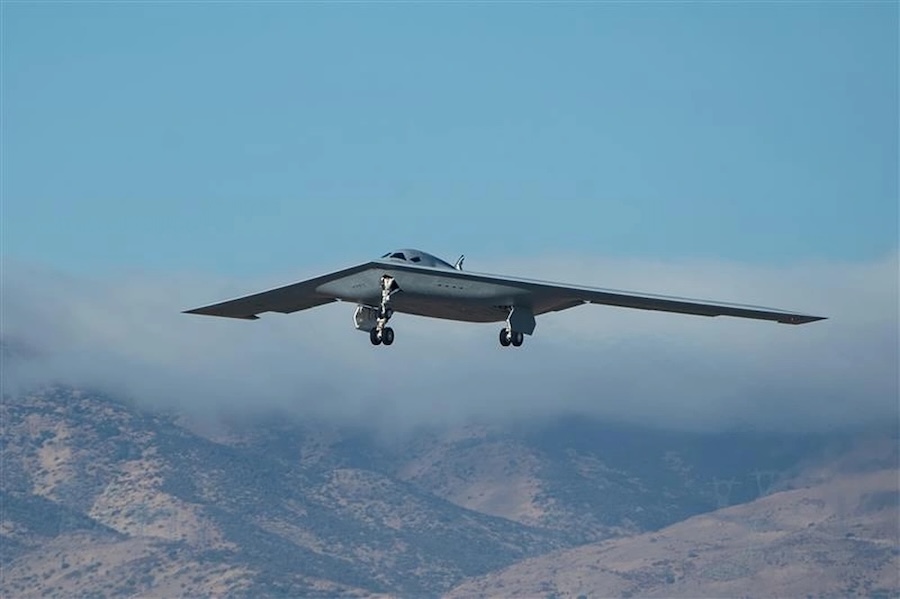
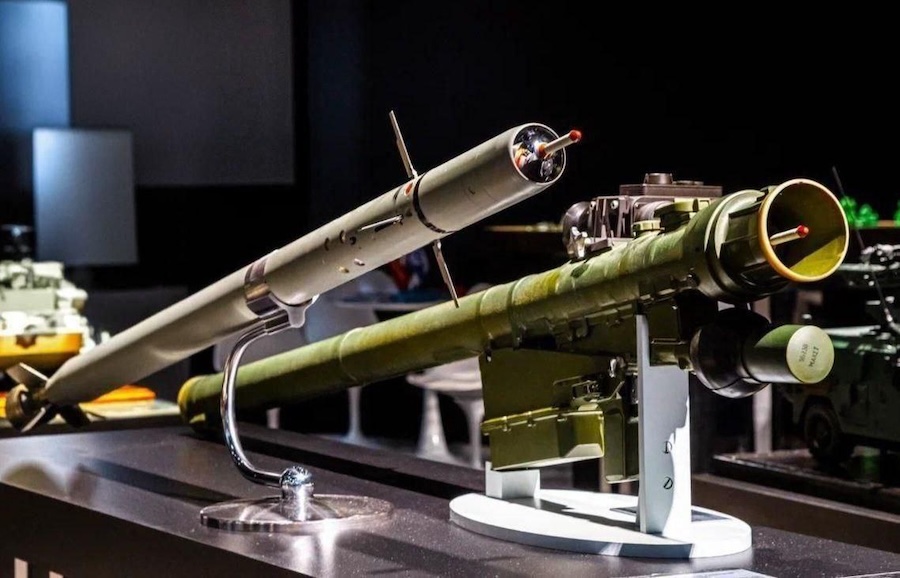
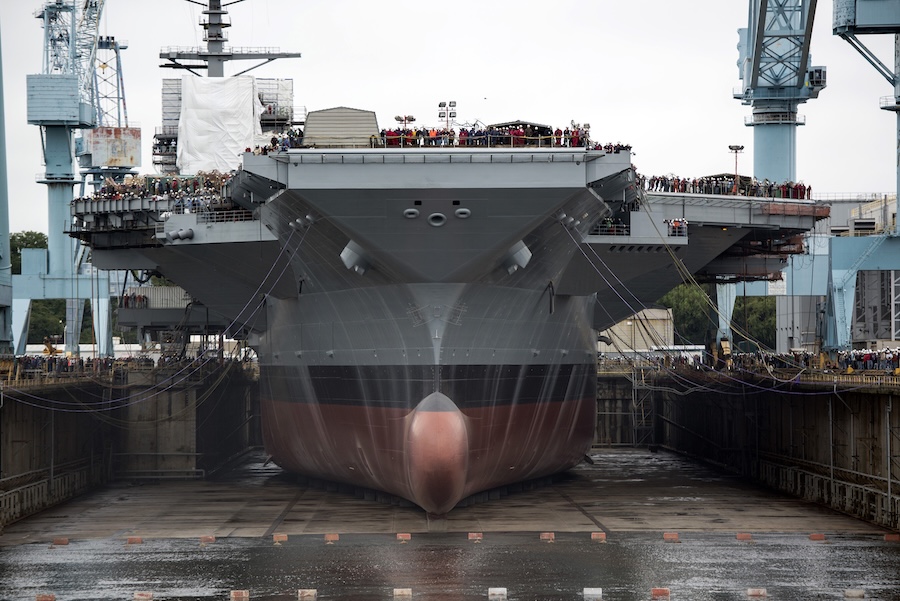
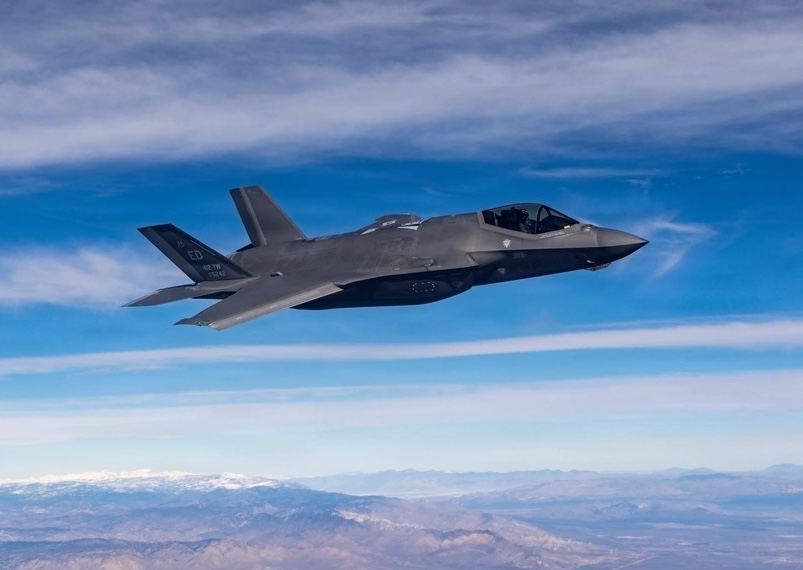
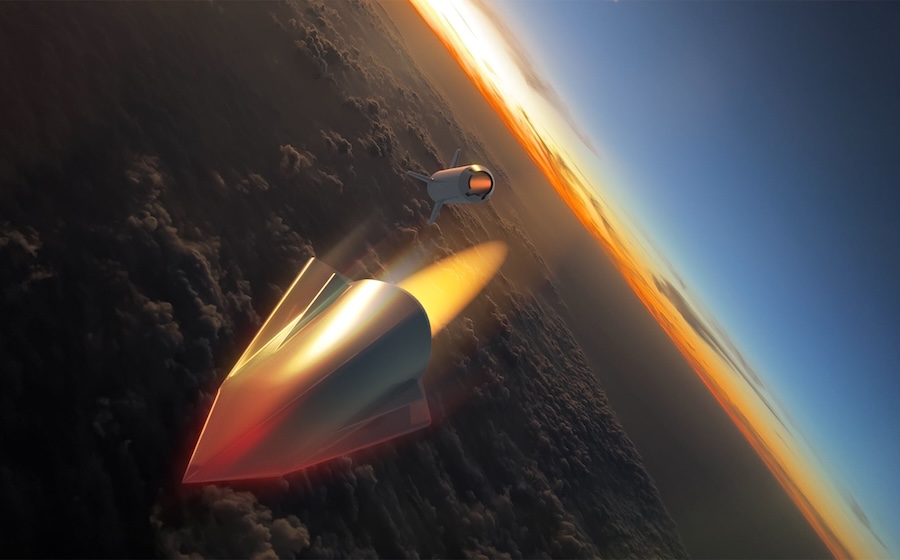
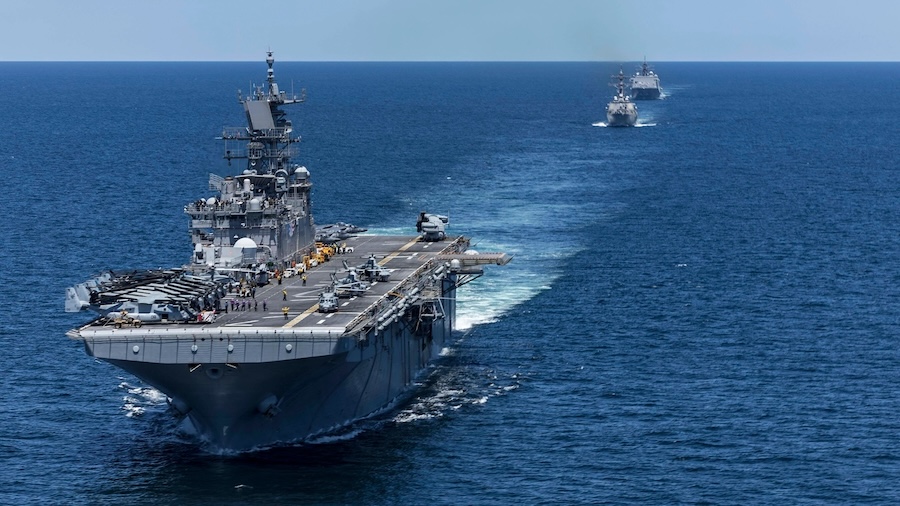
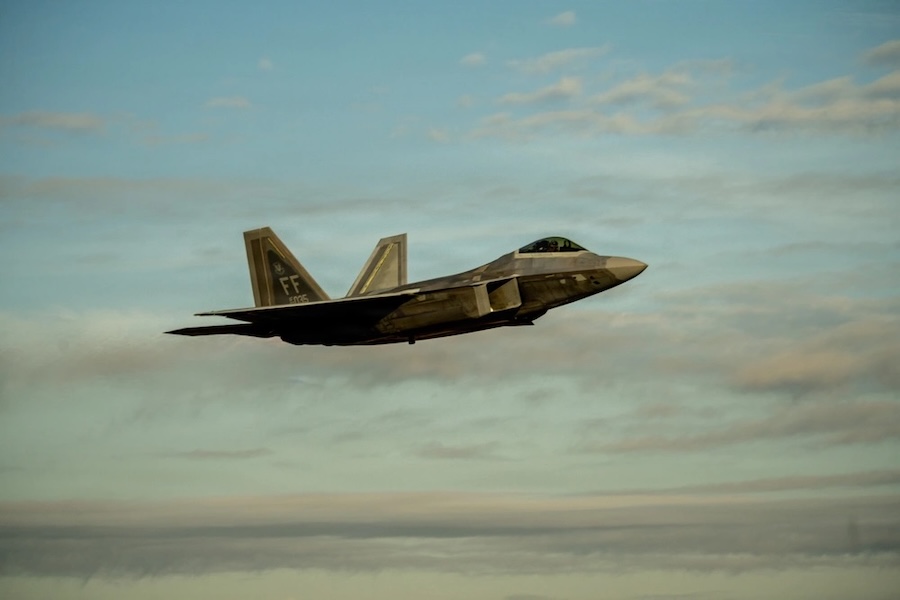
![Rheinmetall promotes Caracal air assault vehicle for modern forces at Enforce Tac in Nürnberg [VIDEO]](https://defence-industry.eu/wp-content/uploads/2026/02/rheinmetall-promotes-caracal-air-assault-vehicle-for-modern-forces-at-enforce-tac-in-nurnberg-video.avif)

